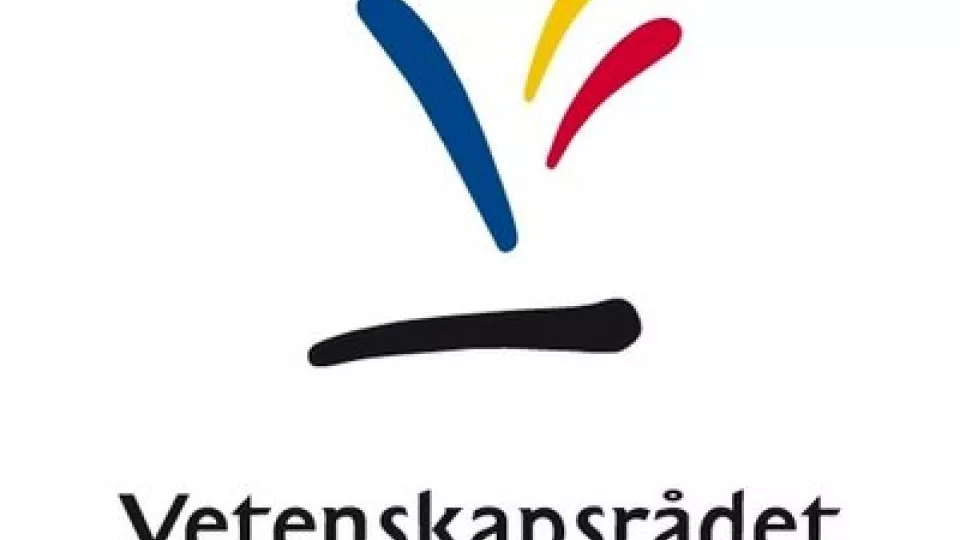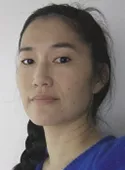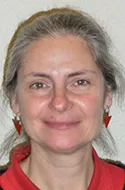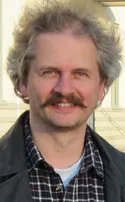List of South Asia related projects 2016
Stockholm University
Project name: From Human Waste into Profitable Resource. Gender, Biopolitics and Neo-Liberalism in Indian Commercial Surrogacy
Research partners: Mohan Rao, Professor in Social Medicine and Community Health, Jawaharlal Nehru University, New Delhi, India; Assistant Professor Anindita Majumdar, Social Anthropologist at School of Liberal Arts, Indian Institute of Technology Hyderabad, India; and Associate Professor Suruchi Thapar-Björkert, Department of Government, Uppsala University.
Project Abstract: This project is an interdisciplinary studie of transnational commercial surrogacy (TCS) in India. Although Indian TCS has received substantial scholarly attention, a comprehensive analysis of the underlying socio-cultural, economic and political conditions is lacking. The project posits that the bodies of poor indian women, considered as ”waste” by previous population policies of the Indian state, become available as sites of profit generation in TCS through the intersections between neoliberal health policies and hierarchies of gender, class, caste and religion. The aim is to demonstrate how this availability is accomplished.
The research team argues that three interrelated factors are decisive: The Indian Health Care Industry, The Media and the Family. Postcolonial feminist theory provides the theoretical framework for studying the central areas in the project: gender, biopolitics and neoliberalism. We apply various qualitative methods, incl. in-depth semi-structured interviews and discourse analysis. The project offers new crucial knowledge of Indian TCS, but it also contributes to the understanding of the rapidly expanding market in body parts and reproductive labor, and the palpable global inequalities through which it thrives. Thus, the study makes a significant intervention both theoretically and methodologically within a field of pressing societal relevance.
Uppsala University
Project name: Effects of Nutrition interventions during pregnancy for physical activity and metabolic risk indicators in teenagers: A 15-year follow-up study on the MINIMAT project in Bangladesh
Research partners: The nutrition and lifestyle component of the 15 years follow-up of the MINIMat trial is a collaboration between several institutions: International Maternal and Child Health (IMCH) at Uppsala University, where Prof. Eva-Charlotte Ekström, nutrition epidemiologist, will be the principle investigator. Further at IMCH: Associate Professor Katarina Selling, project statistician, researcher.
At Karolinska Institutet, Stockholm: Dr M Löf, senior researcher.
At ICDDR,B, Bangladesh: Dr Shams Arifeen, epidemiologist, child health specialist, Dir Child & Adolescent Health, Dr Anisur Rahman, public health epidemiologist, Head Matlab Health Research Center; and Dr R Ragib, biochemist, immunologist, Head biochemical laboratory.
Project abstract: There are well-documented associations between early life nutrition and long-term health. The epidemic of chronic diseases in low- and middle-income countries including Bangladesh affects societies where woman and child malnutrition still is prevalent, but where changing lifestyles increase the risk for future chronic diseases. There are few studies that evaluate long-term effects of enhanced maternal and foetal nutrition. This is a follow-up of the MINIMat trial in rural Bangladesh. The aim is to evaluate metabolic risk indicators and how these are influenced by current life style factors that are modifiable by public health interventions. Pregnant women (n=4436) were randomised to different timing of prenatal food supplementation and micronutrient alternatives. The researchers demonstrated effects on infant survival, childhood stunting, metabolic markers and blood pressure. In the planned follow-up at 15 years emphasis is given to physical activity and fitness. Assessments will also be made of dietary intake, anthropometry, body composition, blood pressure, metabolic profile, micronutrient status and inflammation. Socio-economic characteristics and other background factors are available. The project will show whether the early pregnancy nutrition interventions have influenced the developmental plasticity and influenced metabolic risk indicators at 15 years, and to what extent these are influenced by current life style factors and biologic, economic and social susceptibility. International Centre for Diarrhoeal Disease Research, Bangladesh (ICDDR,B), Dhaka, Bangladesh.
Project name: Hindi Lexicography and the Cosmopolitan in the Encounter betweeen Europe and India around 1700
Project abstract: The project explores a chapter in the interaction between Europe and India by a close study of a case of linguistic encounter around 1700. The lexicographical material in the focus of the project relates to complicated layers of semantics at the outreach of the Capuchin Christian mission to the Indian world. Beyond the close study of semantical issues, the project relates to the question of the translatability of cultures, and furthermore to the exchange of ideas transcending the limitations of linguistic and cultural discourses that the dictionary relates to, i.e. the Indian and the European.
The focus of the project is Francois-Marie de Tours’ extraordinary dictionary of 1703, the Thesaurus Linguae Indianae, consists of 490+424 pages. It is organized in four columns: Latin key word, Hindi word in Devanagari, French rendering, and a phonological transcription with a self-styled set of diacritics. Altogether, the language that the author describes is astonishingly close to Modern Standard Hindi.
De Tours’ stay in South Asia, by himself recorded to have lasted at least 20 years, was interrupted by a return to Rome in 1703 as acting procurator of the French Capuchin missionaries in South Asia, and his dictionary was obviously finished for the occasion to be submitted personally to the papal chair. Several notes for the printer in the manuscript demonstrate that it was meant to be handed over to the printing press for publication. The reason why this didn’t happened seems to be related to the rivalries between the different orders engaged in India, and the ongoing Malabarian-rites-controversy between Jesuits and Capuchins on the accommodation strategy of certain Jesuit missions, starting with the famous Roberto de Nobili (1577-1656). Given this historical context, it is particularly interesting, how François-Marie freely translates Christian theological terms with Islamic or Hindu terminology.
A first workshop with distinguished experts in the field, entitled “François-Marie de Tours and the European Discovery of ‘Hindi’” took place 4.-5. June 2014 at Uppsala University, funded by the Royal Society of Humanities at Uppsala University. Riksbankens Jubileumsfond supported a second workshop, held during 4.-6. February 2015 at the same department. This second workshop focused on practical questions of the edition of the dictionary and particularly the methodology of digitalization and tagging. During the second workshop, and after scrupulous discussion, a decision to use SIL Fieldworks Explorer (FLEx) as the basic programme for future digitalization of early Hindi dictionaries was reached (http://fieldworks.sil.org/flex/).
The main idea of the project is to start by making the dictionary available in digitalized form and from such a material basis initiate research in the semantics, orthography, phonetics and grammatical aspects of the dictionary. This involves aspects of historical linguistics of New Indo-Aryan languages, missionary linguistics, missionary history and cultural and social studies in order to explore the scope of the encounter of Indians and Europeans in early colonial times. The planned “webonary” (digital online dictionary) on the basis of François-Marie de Tours dictionary is moreover intended to be a starting point for an extended open dictionary of early Hindi based on word lists and dictionaries produced before the foundation of Fort William College in Kolkata (1800) and its impact on the development of Hindi/Hindustani. - The non-academic staff will be basically involved with the editorial work.



